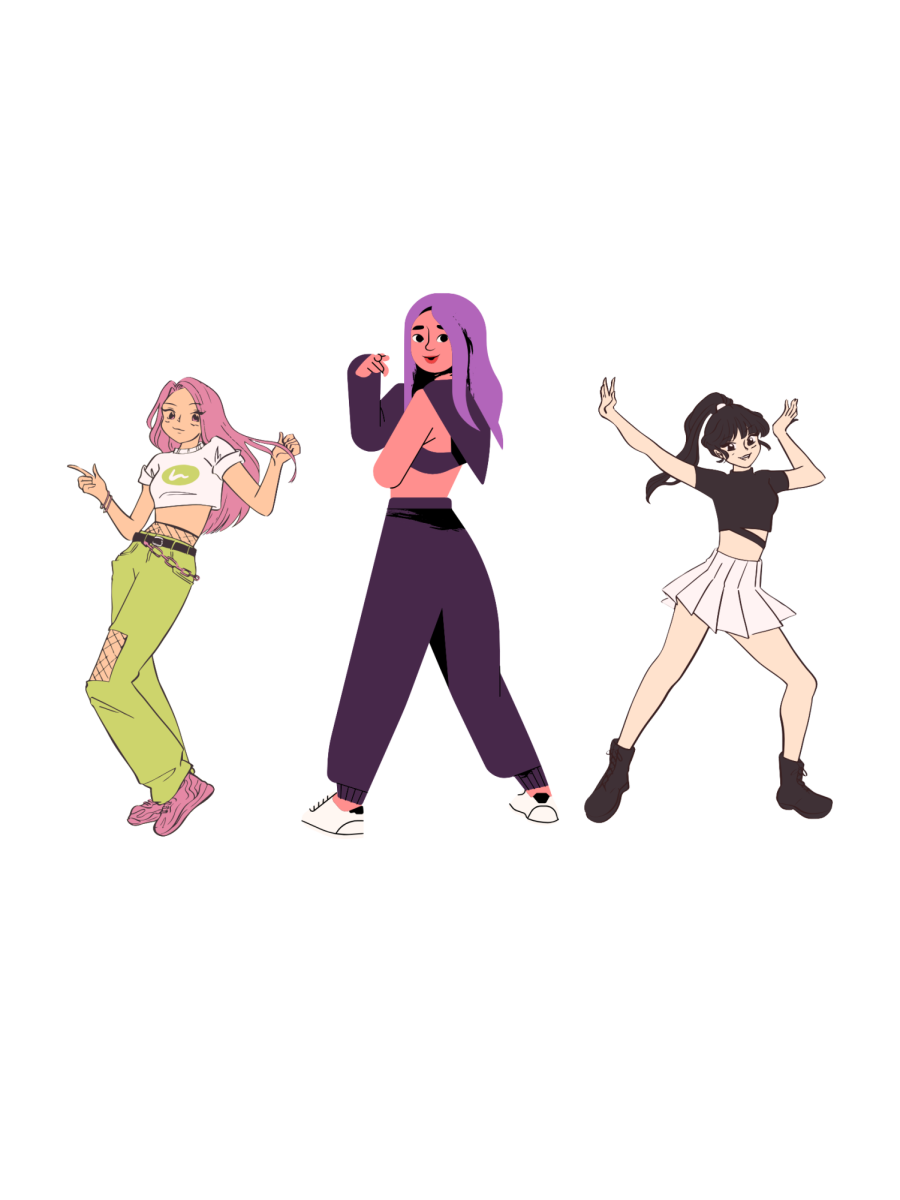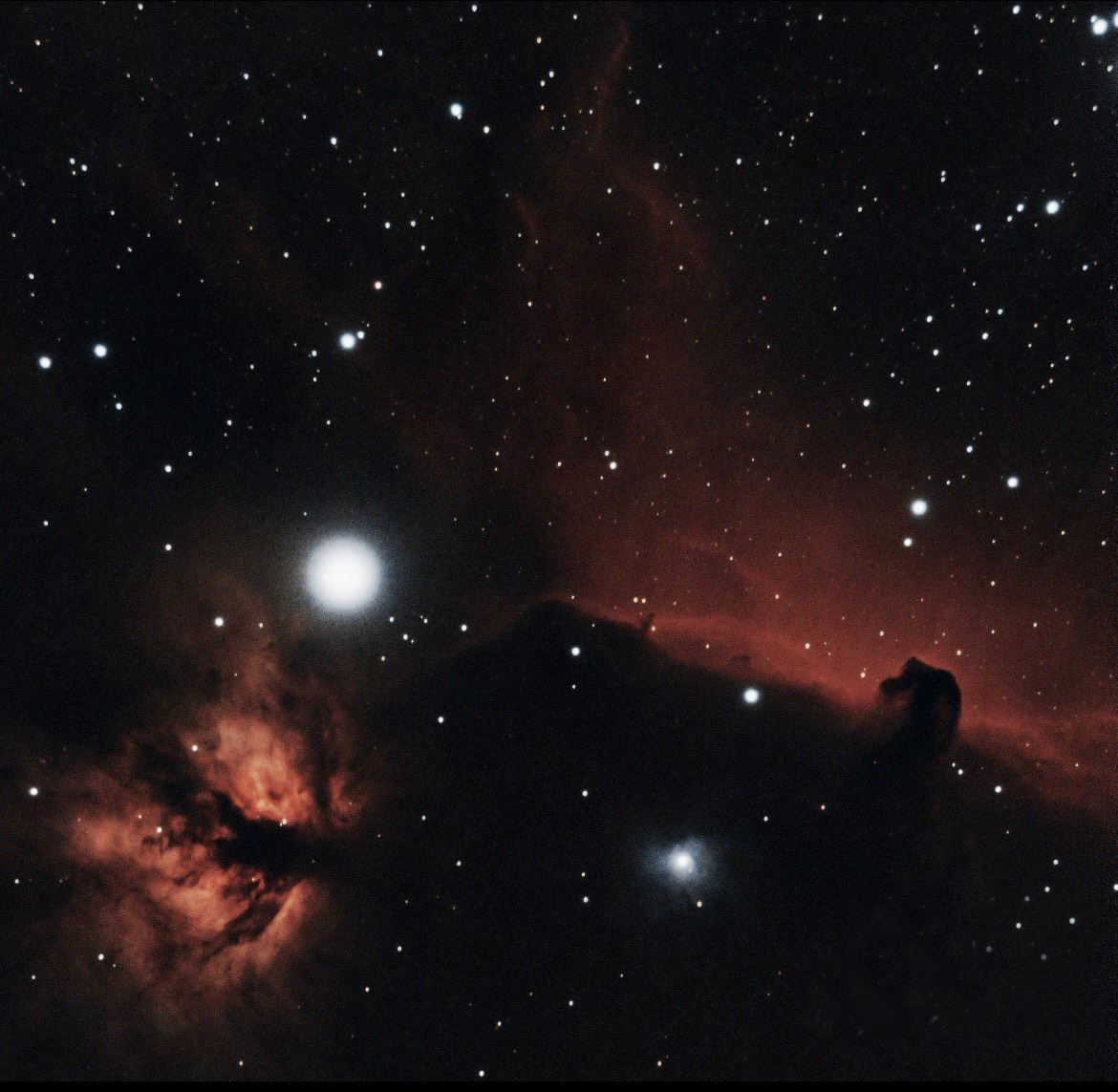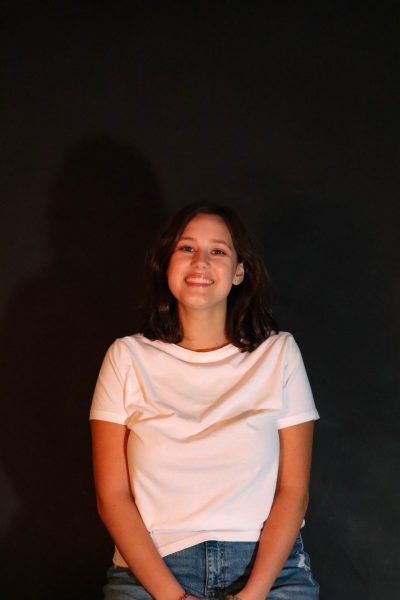For so many people, Disney movies were an integral part of childhood. They would buy the merchandise and act out the scenes with their friends. However, many kids felt left out of this because none of their favorite characters reflected what they saw in the mirror.
“When you’re a little kid, you’re on the playground and you’re playing princesses, and you’re always assigned a part based on what you look like,” Film Fest Club President and senior Isabel Tongson said. “And when there’s nobody for you then you’re just left out of those games. And eventually when you’re older, you’re going to be left out of conversations about the stories you want to tell.”
Tongson can attest to the struggle of lacking accurate representation and the importance for kids to be able to see themselves in film.
“I never grew up with any sort of Disney Princess, or Disney fairy, or any kind of media that authentically represented me as like a young Filipina girl. I never saw myself in any TV shows or films,” Tongson said.
The Walt Disney Company has long been criticized for the lack of diversity in their films. Movies like “Moana” and “Shang-Chi and the Legend of Ten Rings” have expanded the amount of stories being told, but in some instances they are still falling short.
Actor John Boyega, who played Finn in the latest Star Wars trilogy, feels his character was treated poorly solely because he was African American. Disney seemed reluctant to give him as much screen time as his white counterparts, and many fans share the opinion that the company ruined his character’s potential by pushing him to the side.
Despite these shortcomings, Disney is making strides, not only to create more inclusive content, but to address their problematic representations of non-white characters in the past. In late 2020, Disney added a warning message that plays before several of their older movies on their streaming platform, Disney +.
The message states the following, “This program includes negative depictions and/or mistreatment of people or cultures. These stereotypes were wrong then and are wrong now. Rather than remove this content, we want to acknowledge its harmful impact, learn from it and spark conversation to create a more inclusive future together.”
The movies that now have the warning include “Peter Pan,” “The Aristocats,” “The Jungle Book,” “Aladdin” and “Dumbo.” The “Peter Pan” movie, which was released in 1953, depicts Native American peoples in a racist and unauthentic way and repeatedly refers to them by a racial slur. “Dumbo,” released in 1941, depicts faceless African slaves singing a song filled with racist lyrics enforcing harmful stereotypes.
The reasoning behind adding the advisory message to these movies is explained on Disney’s website, on a page titled “Stories Matter.” The page was created to explain Disney’s commitment to inclusivity and their ongoing mission to tell uplifting and authentic stories.
“We can’t change the past, but we can acknowledge it, learn from it and move forward together to create a tomorrow that today can only dream of,” the website states.
Some criticized Disney’s decision not to entirely remove the content, but psychology and fine arts teacher Donna Walker, who grew up watching some of these movies, believes they can be a tool for growth.
“I think most decent people, if you see things that are clearly objectionable, the response you have makes you upset,” Walker said. “In my mother’s case, she did her job, which was to educate me about why that wasn’t acceptable.”
Overall, the decision to add the warnings was well received and Disney’s patrons are happy that they’re owning up to their past mistakes and attempting to do better by creating more inclusive movies in the future.
“[Diverse representation] is very important because it makes [viewers] feel seen. And it also educates kids who are of the majority and that these people in fact, exist, and they can exist peacefully,” Tongson said.
















